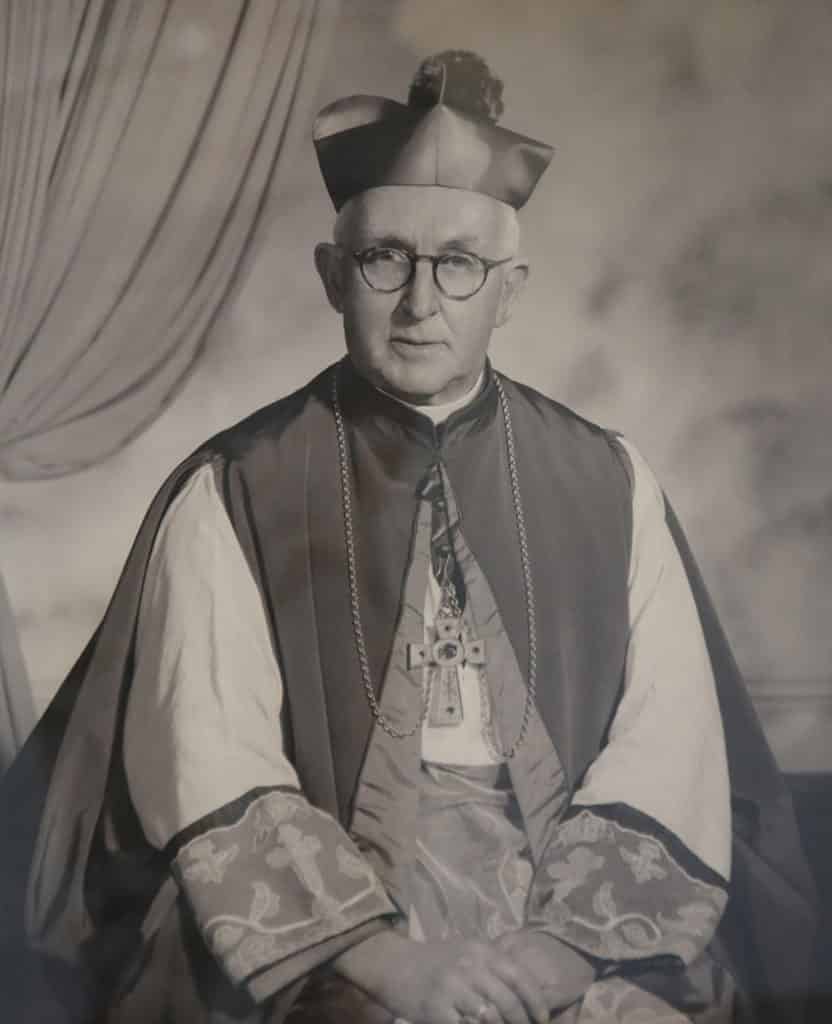Dissent censors its critics

Under its new editor, Paul Burns, the London Tablet dissented from Humanae Vitae. This prestigious journal has maintained this dissenting position for fifty years. Another Tablet editor later censored a letter of mine contradicting another English dissenter, Dr Jack Dominian. I presumed to tell readers that Mother Teresa’s sisters teach natural family planning in India. That sentence had to be removed or my letter would not be permitted to appear. You could not even make fidelity to Humanae Vitae look good!
The London Tablet celebrated the 40th anniversary of the encyclical by repeating its dissent, this time allowing some space for other views. This influential publication is read by thousands of clergy and religious all over the Anglophone world. It is maintained by an aging English Catholic liberal establishment. Thankfully it has widened to a more mainstream position.
Episcopal Conferences Respond
Then I witnessed, the most tragic phase of the saga of Humanae Vitae. Taking up the compassionate pastoral approach of the Holy Father in the encyclical, “Pastoral Statements” from various Episcopal Conferences began to appear. But some of these in varying degrees modified the Pope’s teaching, usually in a slippery way by appealing to conscience, inaccurately understood in a subjectivist sense. The Canadian “Winnipeg Statement” (1968) was perhaps the worst. It has never been revoked, although a consistent defender of the papal teaching, Mons Vincent Foy, called for the statement to be corrected.
However in 1974 Australia finally fell into step with certain other hierarchies. By that time, I had been ordained a priest and was working as an assistant pastor in a large multi-ethnic parish. One afternoon, I waited in the sacristy of the second church in the parish for a Bishop who had come to baptise his great nephew. Bishop Bernard Stewart, Bishop of Sandhurst, was a courageous leader in defending and teaching the faith. It was shortly after the appearance of the Australian Bishops’ statement on Humanae Vitae.

What was a young priest to think when a senior bishop, with tears in his eyes, apologised to him for losing the vote that let the weak Australian statement appear? After complaints to Rome, the statement was later corrected, but the damage was already done. The correction received little publicity.
Through the secular media, Catholics heard “follow your conscience”, a green light for birth control and sterilisation. For most people conscience is my taste, my choice, what suits me, a feeling or inclination. But conscience is supposed to be a human moral judgement, based on information, thought out prayerfully and carefully.
